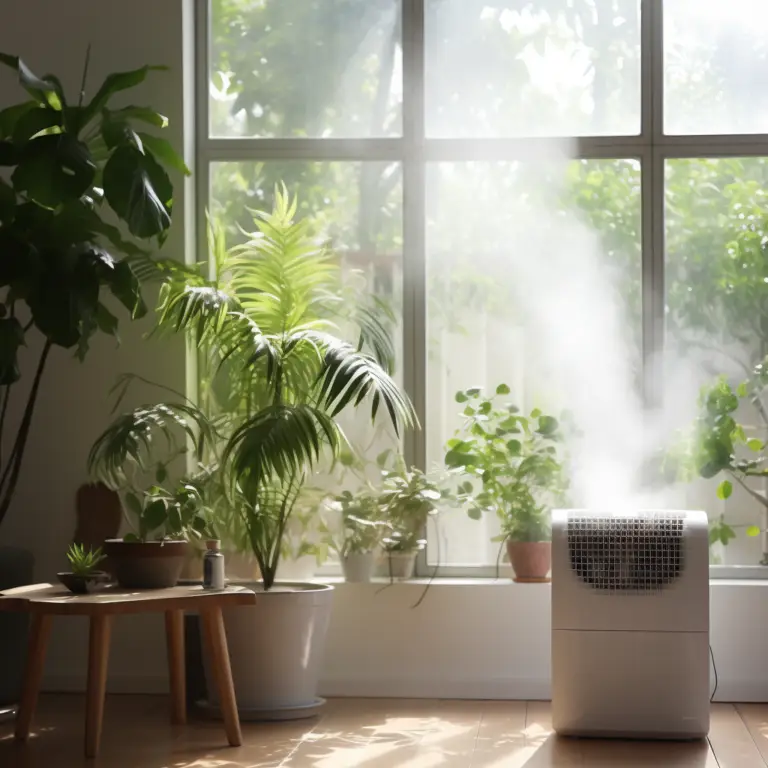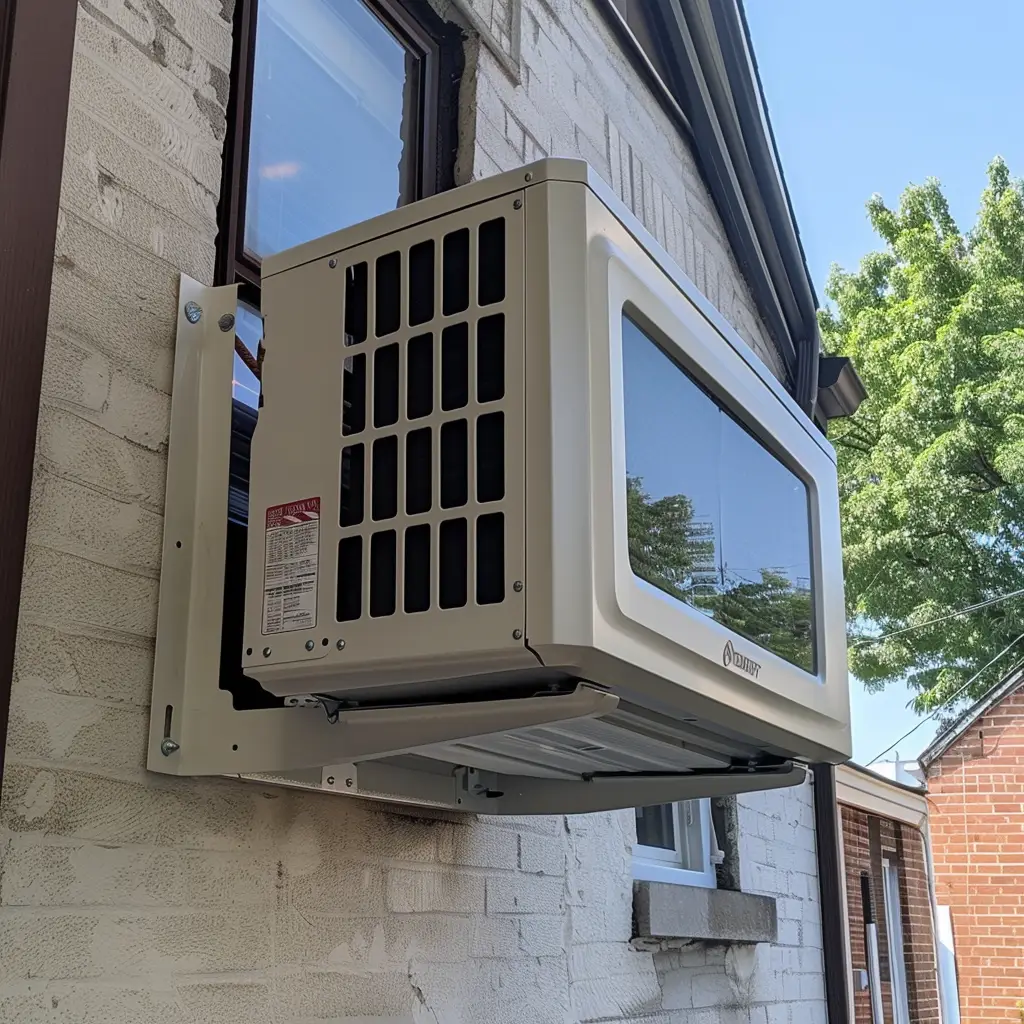Do you ever wonder why some days at home feel more comfortable than others? One key player that often goes unnoticed is humidity. Let’s dive into what humidity is, how it impacts our lives, and how to manage it for a better living environment.
What is Humidity?
Humidity is the amount of water vapor in the air. While it sounds simple, its effects can be quite complex. There are two main types of humidity:
Relative Humidity
This is the percentage of moisture in the air compared to the maximum amount it can hold at a given temperature. It’s why you’ll often hear weather reports say something like, “The humidity is at 60%.”
Absolute Humidity
This refers to the actual mass of water vapor in a given volume of air, regardless of temperature. It’s measured in grams per cubic meter.
The Importance of Humidity
The Role of Humidity in Comfort
Ever wondered why a hot day with high humidity feels unbearable, while a hot day with low humidity is more tolerable? High levels of moisture can make it difficult for sweat to evaporate, leading to a feeling of stickiness.
Health Implications
Benefits
Right humidity levels can prevent dry skin, keep respiratory systems healthy, and even preserve the natural beauty of wood furniture.
Risks
Too much moisture, on the other hand, can lead to mold growth, posing health risks, and create an uncomfortable living environment.
The Downsides of Excess Humidity
Mold and Mildew
One of the most obvious downsides is the growth of mold and mildew. These fungi thrive in damp environments, worsen allergies and damaging your home.
Wood Damage
Excess humidity can cause wooden floors and furniture to expand and contract, leading to warping and long-term damage.
Allergens
High humidity levels create a breeding ground for dust mites, a common cause of allergies.
When Humidity Is Too Low
Dry Skin and Irritation
Low levels of humidity can lead to dry skin, irritate your eyes, and exacerbate skin conditions like eczema.
Respiratory Issues
Low moisture levels can irritate the respiratory tract, making conditions like asthma worse.
How to Manage Humidity Levels
Dehumidifiers
Dehumidifiers can be a godsend when you’re looking to reduce moisture levels in your home.
Humidifiers
On the flip side, humidifiers can add moisture to dry air, providing relief from the ailments caused by low humidity.
HVAC Systems
Importance of Regular Maintenance
An efficient HVAC system, coupled with regular humidifier maintenance, can balance the humidity levels, offering a more comfortable living environment.
Trust AirPoint to Manage Your Home’s Humidity
Managing humidity levels in your home is crucial for both your comfort and health. And if you’re looking for the perfect partner to help you accomplish this, consider AirPoint. As a Carrier factory authorized dealer and NATE certified company in Toronto, we have both the credentials and expertise to ensure your home’s air quality is top-notch. We’re proud to have been awarded HomeStars Best of the Best 2023 and to be rated 5 stars on Google and HomeStars. What’s more, all of our technicians are fully certified by TSSA, HRAI, and CSA. So, the next time you’re feeling uncomfortable at home, don’t overlook the invisible but impactful element: humidity.
To learn more on how to fix high humidity in your home, watch this video by Taddy Digest
FAQs: Your Questions on Home Humidity, Answered
What is the ideal level of humidity for a home?
The ideal level is generally between 30-50%.
Can high humidity levels be harmful?
Yes, they can encourage mold growth and worsen allergies.
How can I measure humidity at home?
You can use a hygrometer or even some smart home devices.
Do HVAC systems control humidity?
Yes, a well-maintained HVAC system can help manage indoor humidity.
Is it expensive to manage home humidity?
It can be an investment, but the health and comfort benefits usually outweigh the costs.





